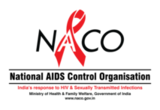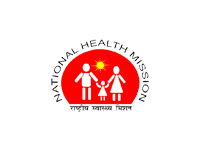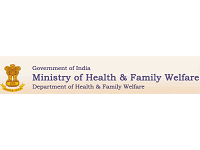HIV counselling and testing services were started in India in 1997. As on 31st August 2016 in India, there are 20,756 Integrated Counselling and Testing Centres (ICTC), mainly located in government hospitals. An ICTC is a place where a person is counselled and tested for HIV, of his own free will or as advised by a medical provider. The main functions of an ICTC are:
- Conducting HIV diagnostic tests.
- Providing basic information on the modes of HIV transmission, and promoting behavioural change to reduce vulnerability.
- Link people with other HIV prevention, care and treatment services.
Ideally, a health facility should have one Integrated Counselling and Testing centre for all groups of people. However, an ICTC is located in facilities that serve specific categories such as high risk group, pregnant women, STI cases, TB Patients, HIV/ AIDS symptomatic patients. Accordingly, an ICTC is located in the General OPD or Obstetrics and Gynaecology Department of a medical college or a district hospital or in a maternity home where the majority of clients can access counselling and testing services.
As on 31st March 2016, in India,74.4% percent of PLHIV are aware of their HIV status. The challenge before NACO is to reach to all HIV infected people in the country so that they adopt a healthy lifestyle; access life-saving care and treatment and help prevent further transmission of HIV. Thus, counselling and testing services are important components of prevention and control of HIV/AIDS in the country.
It is not the mandate of an ICTC to counsel and test everyone in the general population. The sub-populations that are more vulnerable or practice high risk behaviour or have higher HIV prevalence levels are the target group for counselling and testing services in the country. In FY 2015-16, more than 29 million clients accessed counselling and testing services in the ICTC throughout the country.
HIV counselling and testing service is a key entry point to prevention of HIV infection and to treatment and care of people who are infected with HIV. When availing counselling and testing services, people can access accurate information about HIV prevention and care and undergo HIV test in a supportive and confidential environment. People who are found HIV negative are supported with information and counselling to reduce risks and remain HIV negative. People who are found HIV positive are provided psycho-social support and linked to treatment and care.
National HIV Counselling and Testing Services (HCTS) Guideline, December 2016

























